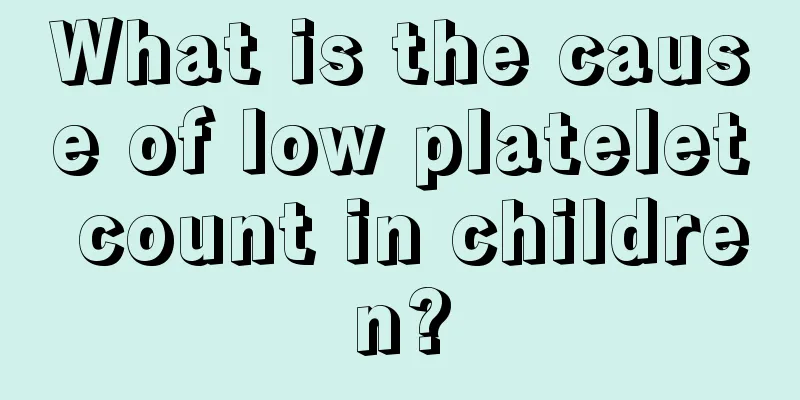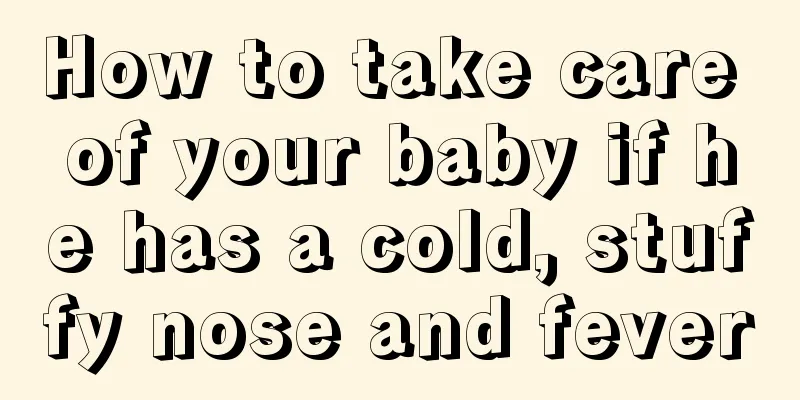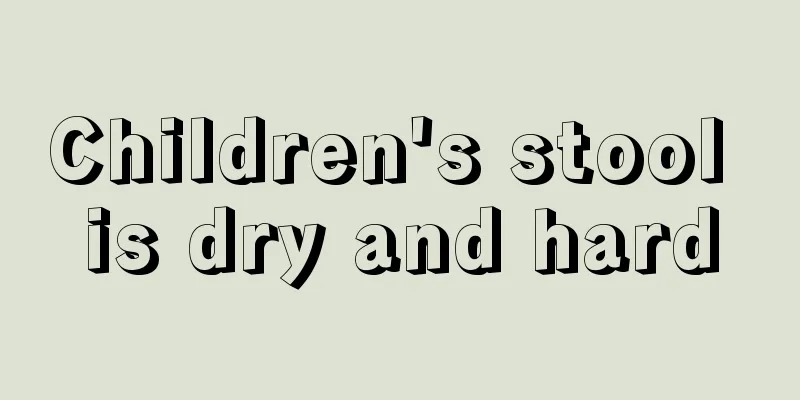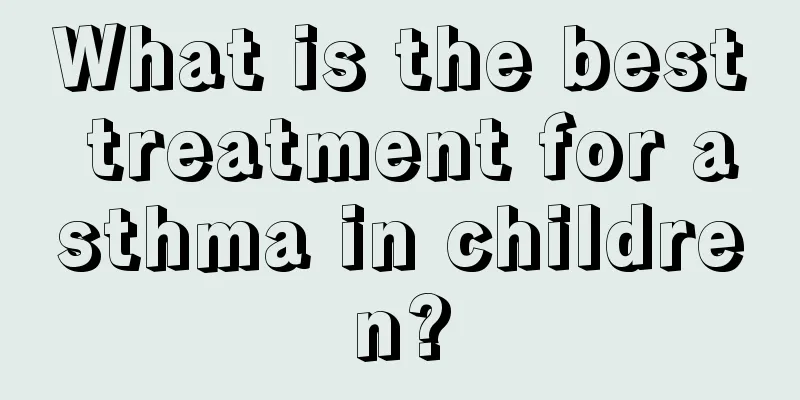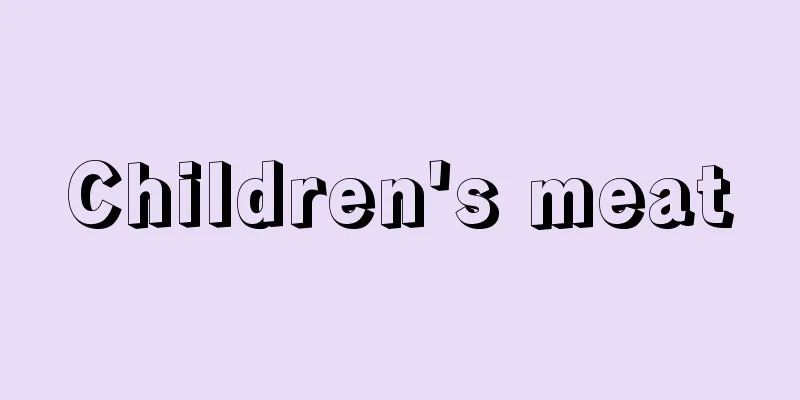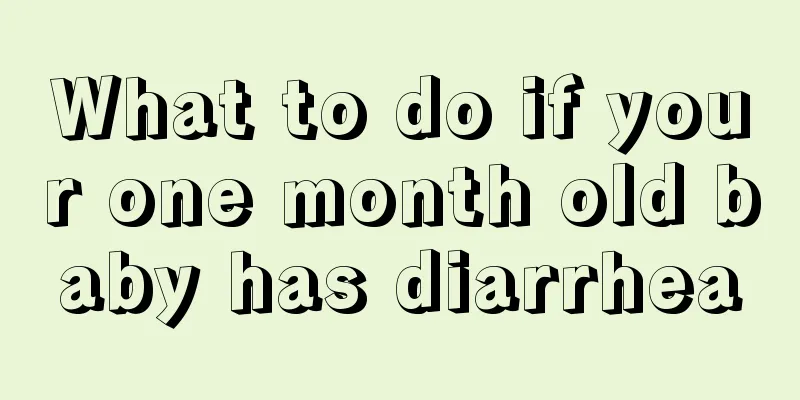Symptoms of fever and cramps in children
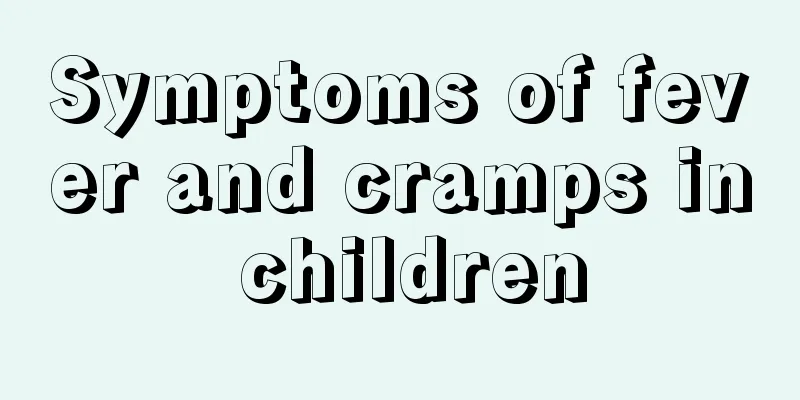
|
As we all know, people who eat grains will inevitably get sick, especially infants in swaddling clothes, who are more likely to have a fever because of their poor immunity. It should be said that if the fever can be reduced as soon as possible, it will not have much impact on the child's growth. However, if adverse symptoms such as cramps occur after a fever and the fever does not subside, then it should be taken seriously. So what causes cramps in children with a fever? Children's fever convulsions mainly manifest as whole-body or local muscle convulsions shortly after the onset of high fever (body temperature above 39°C) or when the body temperature rises suddenly, with eyeballs staring, squinting, straightening or rolling up, accompanied by loss of consciousness. Breathing may stop for 1-2 minutes. In severe cases, the lips may turn blue, and incontinence may sometimes occur. Therefore, once parents find that their baby has symptoms of fever and convulsions, it is best to let the baby lie flat on the bed first to ensure that he will not touch any sharp, sharp or hard objects. In addition, physical cooling can be performed by placing it on the baby's forehead, palms, and thighs to prevent children from having fever and convulsions. First of all, the baby's immunity must be improved. The physical fitness and resistance can be improved by strengthening nutrition and regular outdoor activities. If necessary, use some drugs to enhance immunity under the guidance of a doctor. Secondly, we should prevent colds. When the weather changes, add or remove clothes as appropriate to avoid catching cold; try not to go to public places or places with a large number of mobile populations, such as supermarkets, stations, cinemas, etc., to avoid catching a cold; if an adult in the family has a cold, they need to wear a mask and have as little contact with the baby as possible; open windows for ventilation at irregular intervals every day to keep the air circulating in the home. Parents should also detect their child’s fever as early as possible. Babies have fever frequently during infancy, so parents should pay more attention, especially to the night care of babies with fever, because most of the time, the baby's body temperature rises suddenly at night. If the baby has a high fever, parents should actively help him or her reduce the fever. There are two ways to reduce fever: one is physical cooling; the other is drug cooling. Physical cooling includes: 1. Warm water bath: The water temperature should be slightly higher than body temperature. Mainly use it to wash the palms, soles, armpits, popliteal fossa, groin, etc. of the child. However, the time should be short to prevent cold again and aggravate the condition. 2. Warm water bath: The water temperature should be about 3-4℃ lower than the child's body temperature, and each bath should last for 5-10 minutes. Many parents believe that children should not be bathed when they have a fever. In fact, on the contrary, giving the baby a warm bath can help cool the baby down. A warm bath is suitable for all babies with a fever. Cold towels to help lower body temperature. |
<<: What are the symptoms of strep throat in children?
>>: Tips for feeding medicine to babies
Recommend
How to correct stuttering in children?
Stuttering is a language disorder that occurs whe...
What are the symptoms of urinary tract infection in children?
Since children have poorer physical constitutions...
What is the hemoglobin index of a three-year-old baby?
Before a baby reaches adulthood, every health ind...
What is the normal body temperature of a 1-year-old baby?
The baby's body temperature is more easily af...
Why does it happen that babies have difficulty pooping?
Difficulty in defecation for babies is a very com...
What to do if your child's white blood cell count is high
Children's bodies develop very quickly becaus...
What to do if your one-year-old baby has conjunctivitis
Conjunctivitis is a common problem in life. It is...
How to correct children's hunchback?
In many cases, hunchbacks are very likely to occu...
What’s wrong with the small bumps and rice grains on the back of a child’s hands?
Children's skin is very delicate, so they are...
What can't children eat when they have chickenpox?
Chickenpox is a type of herpes that is common in ...
How to care for a child's anal redness and pain
Taking care of children is a difficult and carefu...
The reason why children's eyes are red and swollen with eye mucus
The health of children is a matter of great conce...
Symptoms of neonatal stridor
We all know that the trachea of a newborn is no...
What to do if your child's nose is blocked
Every part of a child's body is fragile. When...
Five physical methods of reducing fever in children without side effects
It is a common phenomenon for children to have a ...
